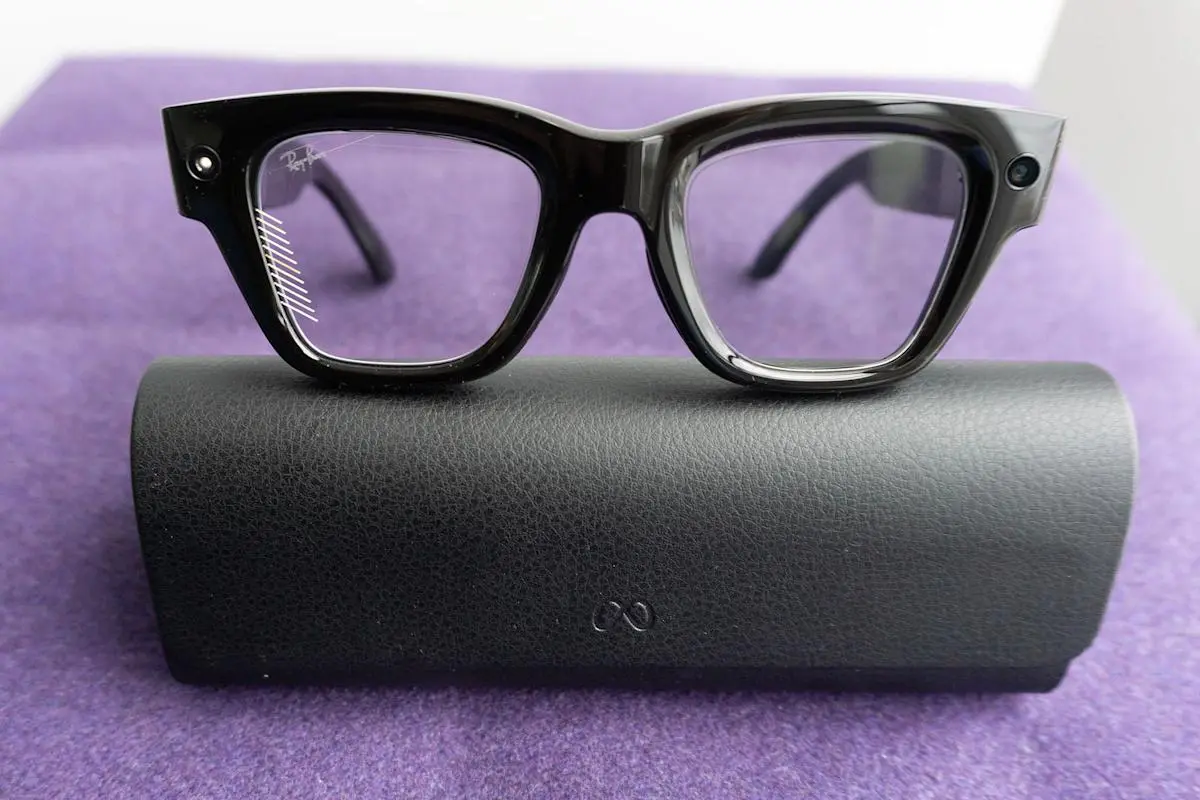Microsoft Teases Major Voice Command Overhaul for Windows 11
2 Sources
2 Sources
[1]
Microsoft hints at "something big" coming this Thursday, and I have a nasty feeling I know what it is
* Windows hints at a Cortana-like comeback for Windows 11 with a reveal set for Thursday. * Copilot-era AI could make voice control truly useful, but I'm skeptical it will catch on. * After Vista's flop, I doubt voice UIs will replace keyboards anytime soon. Do you feel that? That's the stirring of a feature Microsoft tried really hard to make work decades ago, but never quite got to launch. For years, we thought the company had forgotten about it, but now, it's dropping hints that it's ready for a round two. And while Microsoft hasn't confirmed what it is, I have a sneaking feeling what it's planning, and we'll find out for sure this coming Thursday. Microsoft might be resurrecting the ancient power of Cortana in Windows 11 So, a brief bit of context. If you were around during the Windows Vista days, you'll know of Cortana. And if you know of Cortana, you'll know how much Microsoft pushed to make it a voice-controlled tool for your operating system. The idea was that you didn't have to touch your keyboard or mouse; you just said "Hey Cortana" and then told her what you wanted to do. Of course, back then, the modern-day LLM version of AI was a ways off, so you only had some pre-set commands you could do. And as you might imagine, it fell off, and everyone breathed a sigh of relief and went back to using their keyboards. Now that you know the context of my dread, check out this random X post from the Windows account for no reason whatsoever: I mean, it has to be, right? It has to be a second shot at Microsoft's dream to have us all arguing with our computers to get it to do what we want it to do. We have the technology to do it, too; with the rise of AI LLMs like Copilot, you no longer have to speak an exact command to get something done. In theory, you could describe what you want to do and have Copilot figure out how to achieve it on its own. Do we have the technology for a Cortana-like system that will actually do its job properly this time? Absolutely. Will it take off? Don't count on it. I don't think, after all these years, we've warmed to the concept of talking to our computers any more than we have during our Vista years. Still, I'm willing to be proven wrong; that is, if I'm even correct. While we wait, why not take a walk down the negative version of memory lane (regret avenue?) and check out these controversial Windows features that have divided fans, with Cortana taking a top spot.
[2]
Is Windows 11 about to go all-in with voice commands? Microsoft teases revelation of 'something big' tomorrow
Microsoft is teasing a major revelation for Windows 11 tomorrow, and it seemingly relates to pushing aside the keyboard - or at least using that peripheral less. Windows Central noticed that the official Windows account on X posted a cryptic message about the hands of Windows users getting some time off and rest, and that there'll be "something big" announced on Thursday October 16. Clearly this refers to typing, and in reply to someone who posted that they like using their keyboard, the Windows account said: "Don't worry, no keyboards were harmed." This makes more sense when viewed through the lens of the comments a couple of Microsoft executives have made in recent times about how we interact with Windows 11. First of all, Microsoft's Corporate VP for OS Security, David Weston, observed that in the future of Windows, the "world of mousing around and typing will feel as alien as it does to Gen-Z to use MS-DOS", and that voice commands and talking to the PC are going to become more important. Then Pavan Davuluri, VP of Windows and Devices at Microsoft, told us: "You'll be able to speak to your computer while you're writing, inking, or interacting with another person. You should be able to have a computer semantically understand your intent to interact with it." So, those remarks about voice input being more important to Windows 11, coupled with this new reference to typing less often, is surely an indication that Microsoft is going to reveal something major along these lines. Voice commands have already come a long way in Windows 11 - it's now the case that pretty much anywhere where you can type text in the interface, you can use voice input instead. Beyond Windows 11's Voice Access feature, Microsoft has brought voice dictation into Word, and it works very well I might add - this is an improved version of Dragon's speech-to-text tech (which I've used a lot in the past, and was impressed with even back then). Some extra strides have been taken with voice commands on Copilot+ PCs, too, and given that, this makes me wonder how much these potential new voice powers might be tied into AI - and perhaps require an NPU for responsive on-device processing. Time will tell, but fortunately we don't have long to wait - I'm certainly keen to see what Microsoft is cooking up here.
Share
Share
Copy Link
Microsoft hints at a significant update to Windows 11, potentially revolutionizing user interaction through advanced voice commands and AI integration. The announcement, set for Thursday, has sparked speculation about a Cortana-like comeback.

Microsoft's Mysterious Tease
Microsoft has set the tech world abuzz with a cryptic announcement hinting at 'something big' coming to Windows 11 this Thursday. The official Windows account on X (formerly Twitter) posted a message suggesting that users' hands might get some rest, implying a shift away from traditional keyboard input
1
2
.Speculation of Cortana's Revival
Industry experts and tech enthusiasts are speculating that this announcement could mark the return of a Cortana-like feature for Windows 11. Cortana, Microsoft's voice-controlled assistant introduced during the Windows Vista era, never quite caught on with users. However, with recent advancements in AI and language models, there's potential for a more sophisticated and useful voice interface
1
.AI-Powered Voice Commands
The potential revival of voice commands in Windows 11 is bolstered by recent comments from Microsoft executives. David Weston, Corporate VP for OS Security, suggested that the future of Windows interaction would move beyond traditional mouse and keyboard input. Similarly, Pavan Davuluri, VP of Windows and Devices, hinted at the ability to speak to computers while performing various tasks
2
.Current Voice Capabilities in Windows
Windows 11 has already made significant strides in voice input capabilities. The operating system currently allows voice input in most text fields, and Microsoft has integrated improved voice dictation in applications like Word. These advancements, coupled with the enhanced voice commands available on Copilot+ PCs, suggest that the upcoming announcement might leverage AI technology for more responsive on-device processing
2
.Related Stories
Skepticism and Potential Challenges
Despite the excitement, there's skepticism about the widespread adoption of voice commands in desktop computing. Historical attempts to integrate voice control, such as Cortana, have faced challenges in user acceptance. Some experts argue that users have not significantly warmed to the concept of talking to their computers since the Vista era
1
.The Role of AI in Future Interactions
The potential integration of AI language models like those used in Microsoft's Copilot could revolutionize voice interactions with Windows. Unlike previous iterations, AI-powered voice commands could understand natural language descriptions of tasks, potentially making voice control more intuitive and useful
1
2
.References
Summarized by
Navi
[1]
Related Stories
Microsoft's Vision for Next-Gen Windows: AI-Driven, Voice-Controlled, and Context-Aware
14 Aug 2025•Technology

Microsoft's AI Revolution: Transforming Windows 11 with Voice-Activated Copilot
16 Oct 2025•Technology

Microsoft's 2030 Vision: AI-Driven Windows to Replace Keyboard and Mouse
06 Aug 2025•Technology

Recent Highlights
1
OpenAI secures $110 billion funding round from Amazon, Nvidia, and SoftBank at $730B valuation
Business and Economy

2
Trump orders federal agencies to ban Anthropic after Pentagon dispute over AI surveillance
Policy and Regulation

3
Google releases Nano Banana 2 AI image model with Pro quality at Flash speed
Technology





